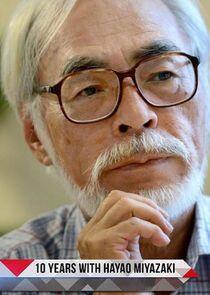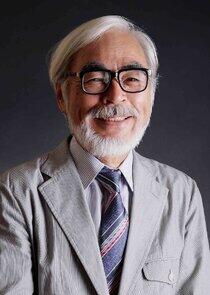
Hayao Miyazaki
Born in Tokyo City, Miyazaki expressed interest in manga and animation from an early age. He joined Toei Animation in 1963, working as an inbetween artist and key animator on films like Gulliver's Travels Beyond the Moon (1965), Puss in Boots (1969), and Animal Treasure Island (1971), before moving to A-Pro in 1971, where he co-directed Lupin the Third Part I (1971–1972) alongside Isao Takahata. After moving to Zuiyō Eizō (later Nippon Animation) in 1973, Miyazaki worked as an animator on World Masterpiece Theater and directed the television series Future Boy Conan (1978). He joined Tokyo Movie Shinsha in 1979 to direct his first feature film The Castle of Cagliostro (1979) and the television series Sherlock Hound (1984–1985). He wrote and illustrated the manga Nausicaä of the Valley of the Wind (1982–1994) and directed the 1984 film adaptation produced by Topcraft.
Miyazaki co-founded Studio Ghibli in 1985, writing and directing films such as Laputa: Castle in the Sky (1986), My Neighbor Totoro (1988), Kiki's Delivery Service (1989), and Porco Rosso (1992), which were met with critical and commercial success in Japan. Miyazaki's Princess Mononoke (1997) was the first animated film to win the Japan Academy Film Prize for Picture of the Year and briefly became the highest-grossing film in Japan; its Western distribution increased Ghibli's worldwide popularity and influence. Spirited Away (2001) became Japan's highest-grossing film and won the Academy Award for Best Animated Feature; it is frequently ranked among the greatest films of the 21st century. Miyazaki's later films—Howl's Moving Castle (2004), Ponyo (2008), and The Wind Rises (2013)—also enjoyed critical and commercial success. He retired from feature films in 2013 but later returned to make The Boy and the Heron (2023), which won the Academy Award for Best Animated Feature.
Miyazaki's works are frequently subject to scholarly analysis and have been characterized by the recurrence of themes such as humanity's relationship with nature and technology, the importance of art and craftsmanship, and the difficulty of maintaining a pacifist ethic in a violent world. His protagonists are often strong girls or young women, and several of his films present morally ambiguous antagonists with redeeming qualities. Miyazaki's works have been highly praised and awarded; he was named a Person of Cultural Merit for outstanding cultural contributions in 2012, received the Academy Honorary Award for his impact on animation and cinema in 2014, and the Ramon Magsaysay Award in 2024. Miyazaki has frequently been cited as an inspiration for numerous animators, directors, and writers.
Biography from the Wikipedia article Hayao Miyazaki. Licensed under CC-BY-SA. Full list of contributors on Wikipedia.
Known For
Recently Updated Shows
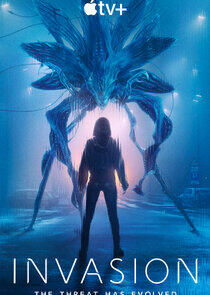
Invasion
Earth is visited by an alien species that threatens humanity's existence. Events unfold in real time through the eyes of five ordinary people across the globe as they struggle to make sense of the chaos unraveling around them.
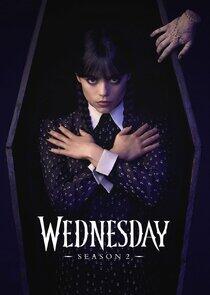
Wednesday
Smart, sarcastic and a little dead inside, Wednesday Addams investigates a murder spree while making new friends — and foes — at Nevermore Academy.

Alien: Earth
When the mysterious deep space research vessel USCSS Maginot crash-lands on Earth, Wendy and a ragtag group of tactical soldiers make a fateful discovery that puts them face-to-face with the planet's greatest threat.
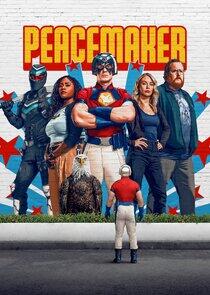
Peacemaker
This James Gunn-created series continues the saga of Peacemaker, a vainglorious superhero/supervillain who believes in peace at any cost — no matter how many people he has to kill. After a miraculous recovery from his duel with Bloodsport, Peacemaker soon discovers that his freedom comes at a price.

Shifting Gears
Shifting Gears centers on Matt, a stubborn, widowed owner of a classic car restoration shop. When Matt's estranged daughter and her teenage kids move into his house, the real restoration begins.
